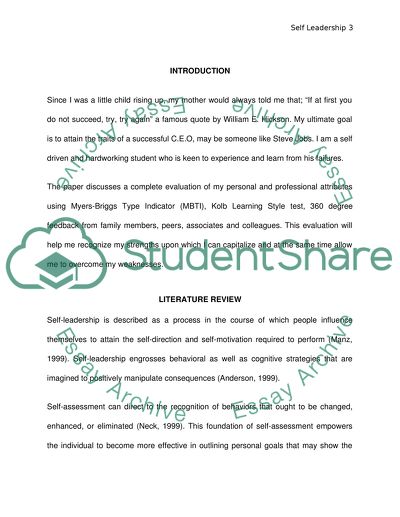Cite this document
(“Self leadership Essay Example | Topics and Well Written Essays - 2500 words”, n.d.)
Retrieved de https://studentshare.org/creative-writing/1394895-self-leadership
Retrieved de https://studentshare.org/creative-writing/1394895-self-leadership
(Self Leadership Essay Example | Topics and Well Written Essays - 2500 Words)
https://studentshare.org/creative-writing/1394895-self-leadership.
https://studentshare.org/creative-writing/1394895-self-leadership.
“Self Leadership Essay Example | Topics and Well Written Essays - 2500 Words”, n.d. https://studentshare.org/creative-writing/1394895-self-leadership.


